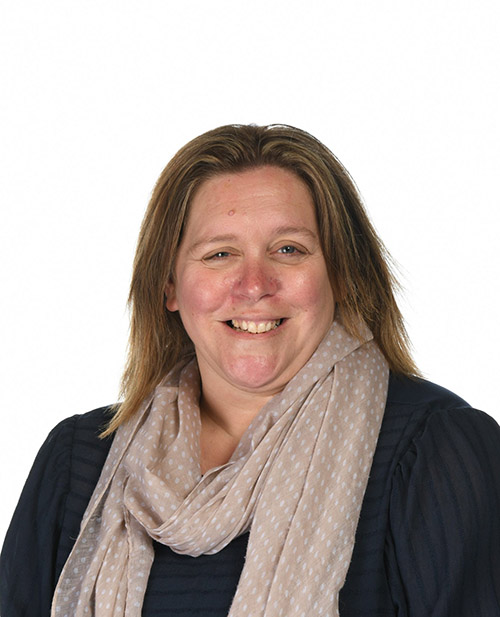
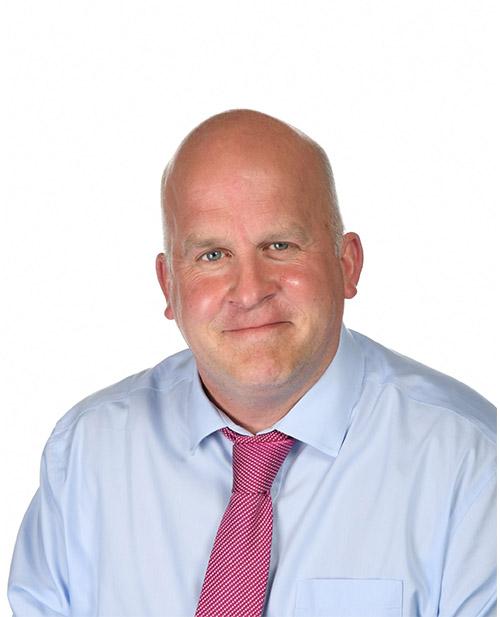

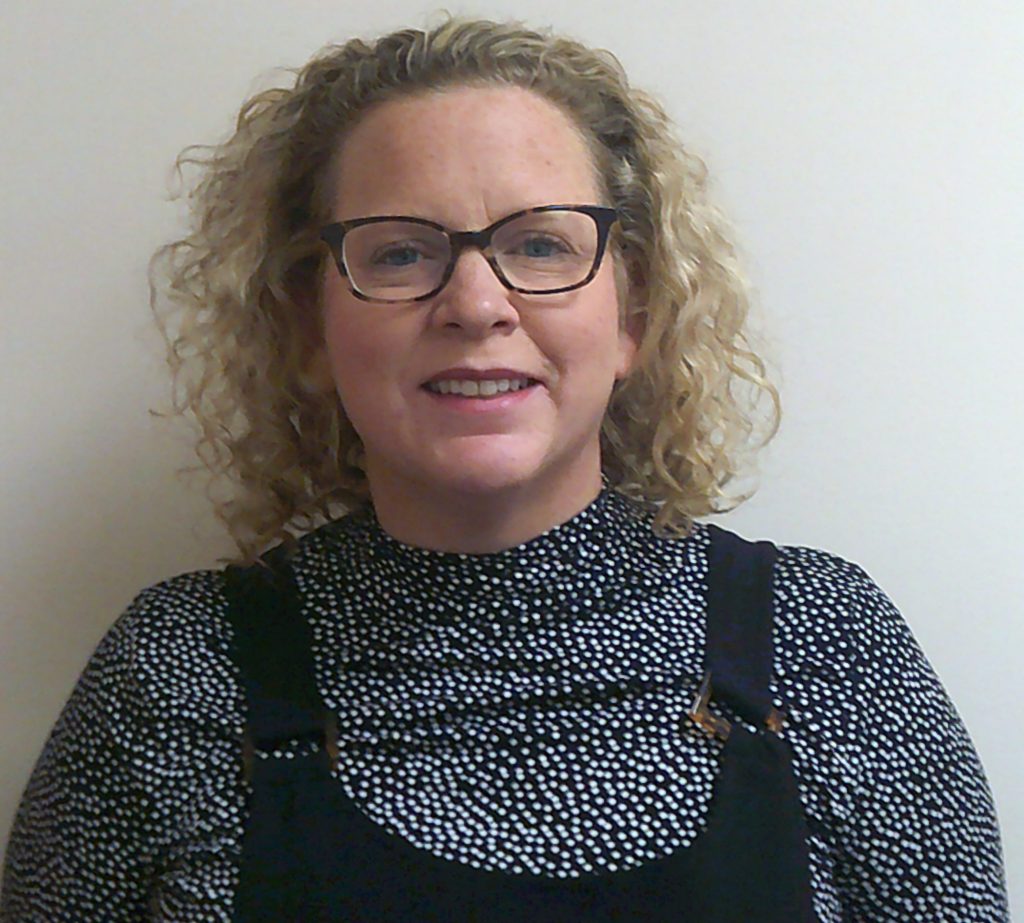
The dedicated staff of Somerford Primary School have regular training in relation to both Special Educational Needs and Safeguarding / Child protection.
Safeguarding the children at our school is our number one priority. If you have any concerns please contact Mrs H Frampton our Headteacher and Designated Safeguarding Lead, or our Deputy Safeguarding Leads, Mr Wallace, Mr Thorne and Ms Macmillan. For further support, policy information and links to other agencies, please click on the hyperlinks below.
REPORTING CONCERNS ABOUT A CHILD’S SAFETY
If you’re concerned that a child or young person is at immediate risk of significant harm, and you believe it requires urgent action, call the Police on 999.
The Children’s Services First Response Hub provides the public and professionals with advice, information and support for children who are vulnerable and at risk and is made up of the Multi-Agency Safeguarding Hub (MASH) and Early Help Team. The Children’s Services First Response Hub is available Monday to Thursday 8.30am to 5.15pm and Friday 8.30am-4.45pm
Contact the Children’s Services First Response Hub :
Call 01202 123 334 – Monday to Thursday : 8.30am to 5.15pm / Friday : 8.30am to 4.45pm
Email : childrensfirstresponse@bcpcouncil.gov.uk
The Children’s Social Care Out of Hours service is the emergency response service for any child who is in crisis, needs urgent help or is at serious risk of significant harm. Hours of operation are 5pm to 9am from Monday to Friday, all day Saturdays and Sundays and all bank holidays. Their phone number is 01202 738256.
Safeguarding Guide for Parents : Please use this handy guide to safeguarding at Somerford Primary School. It includes useful phone numbers and links.
PREVENT

Prevent Parent Guide – Click here to find out more about Prevent with useful links and phone numbers.
Education Against Hate – Click here to be taken to a website packed with useful information for parents.
Refer any Prevent concerns to police using the Home Office Prevent Referral Form (https://www.dorset.police.uk/help-advice-crime-prevention/personal-safety/major-terror-incidents/prevent/) or for advice e mail DorsetPrevent@Dorset.pnn.police.uk or immediate response call the Anti-Terror hotline on 0800 789 321
If you have concerns about pupils travelling to a conflict zone seek Home Office guidance and refer to MASH if still concerned.
ONLINE SAFETY

Internet Safety : Click here to be taken to our website page.
CHILD EXPLOITATION
These are some useful resources for parents :
Spotting the signs of child exploitation
NSPCC : Click here to be taken to the NSPCC website with information about child sexual exploitation.
SPACE Parents & SPACE Steps – Guidance & Assistance for Parents SPACE = Stop & Prevent Adolescent Criminal Exploitation. This link will take you to a service offering support to parents of children/young people involved in or suspected to be involved in county lines/criminal exploitation.
STOP IT NOW! WEBSITE – This website provides lots of advice about keeping children safe from sexual abuse
ANTIBULLYING
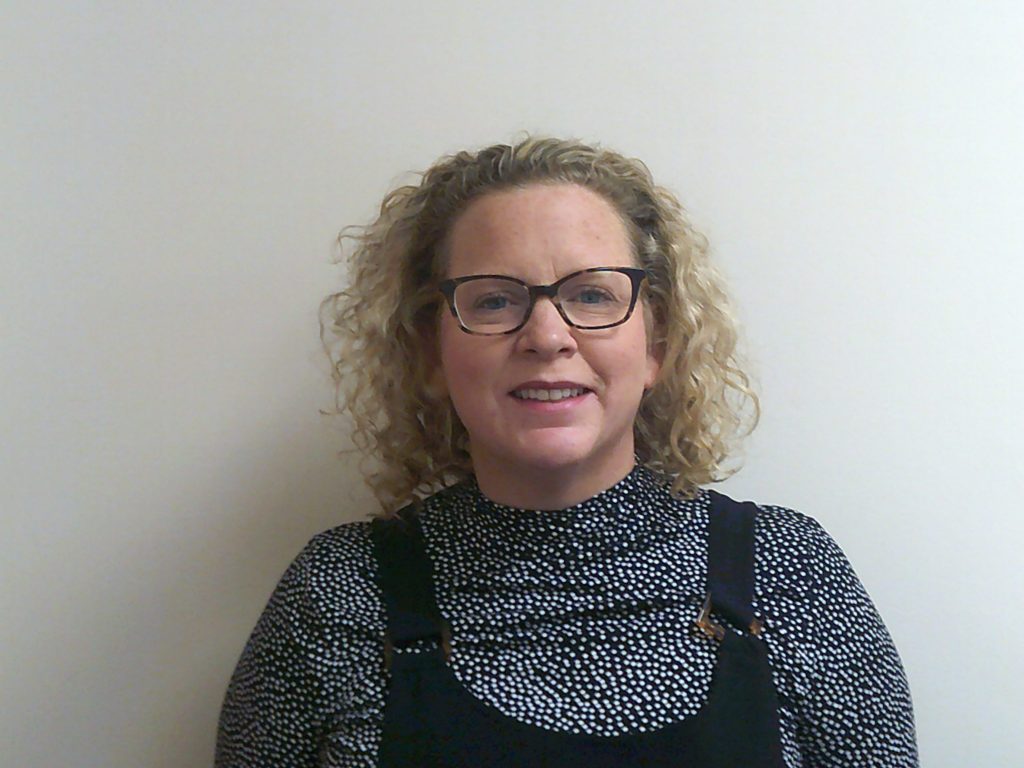
Ms Lucy Macmillan is our Anti Bullying Champion
If you are worried about bullying, think you are being bullied or think someone else in our school is being bullied, please talk to someone at school. You can talk to any member of staff. Mrs Macmillan is our Anti Bullying Champion, we also have Anti Bullying Ambassadors who wear yellow sashes and are on duty on both playgrounds. We also have worry boxes in each classroom where you can write down your worries if you are a bit nervous to talk to someone straight away.
These websites will also give you some help and advice if you are worried about bullying.
National Bullying Helpline
Helpline: 0300 323 0169
Telephone: 0845 225 5787
9am to 5pm Monday to Friday, 10am to 12pm on Saturday.
Information and advice about all forms of bullying please click on this link: nationalbullyinghelpline.co.uk
Anti bullying Alliance
Whether you are a parent/carer, young person, or work with young people; if you’re worried about bullying or want to find out where you can get advice and support this is the section for you Advice and support, please click on this link: anti-bullyingalliance.org.uk
Kidscape
You are not alone. Kidscape is an award-winning charity that offers practical help.
Help with bullying and bullying advice, please click on this link: Kidscape
NSPCC
0800 1111
Advice and guidance for parents, carers and children
Helping Children Deal with Bullying & Cyberbullying, please click on this link: NSPCC
Childline
Advice about different types of bullying, and how you can get help and support.
Bullying and advice on coping and making it stop, please click on this link: Childline
DOMESTIC ABUSE
HELPLINE – Click here to visit the refuge website with help, advice and contact details.
There is support if you need to leave your home to escape domestic abuse and services to help you leave.
Emergency help – Call 999 if you or your children are in immediate danger.
You can report a crime 24 hours a day, seven days a week by calling 101. You can also go online to Dorset Police and use the 101 web chat or the online crime reporting form.
During the coronavirus (COVID-19) pandemic the major telecoms companies have agreed that searches for information and support related to domestic abuse will not use customers data. This currently applies to the websites below:
Victim Support Dorset team on 0300 3030 163 – Monday, Wednesday and Friday: 09.00 – 18.00, late on Tuesday and Thursday: 09.00 – 20.00. Outside of these times you can still access their services 24/7 through their national support line on 0808 200 0247 or their free and anonymous Live Chat service
The Children’s Services First Response Hub provides the public and professionals with advice, information and support for children who are vulnerable and at risk and is made up of the Multi-Agency Safeguarding Hub (MASH) and Early Help Team. The Children’s Services First Response Hub is available Monday to Thursday 8.30am to 5.15pm and Friday 8.30am-4.45pm
Contact the Children’s Services First Response Hub
Call 01202 123 334
Email : childrensfirstresponse@bcpcouncil.gov.uk
The out of hours service is for any child who is in crisis, needs urgent help or is at serious risk of significant harm. Hours of operation are 5pm to 9am from Monday to Friday, all day Saturdays and Sundays and all bank holidays, including Christmas Day and New Year’s Day.
Call the out of hours service on 01292 738 256
If you would like information about safeguarding children in the Dorset area please https://pdscp.co.uk BCP Safeguarding Children’s Partnership.
In an emergency, or if you believe a child is at immediate risk of harm, call the police on 999.
Currently only the NSPCC website has been agreed as a data free website for children’s services.
More about domestic abuse, including how to recognise it, report it and get help from the police.
We are working with the police and other organisations across the area on a new campaign to ensure that vital support is always accessible to those who need it.
Domestic Abuse Support – Help is available (bcp.council.gov.uk)
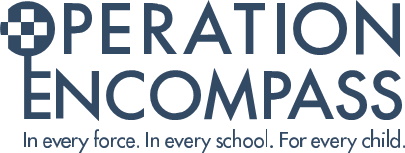
SUBSTANCE ABUSE
This website has support for parents or carers who are concerned about their alcohol or drug use. Click here to visit the website
Advice for Parents & Carers – Talk to FRANK : Advice on this website for talking to your child about their alcohol and drug use.
Substance Misuse – This link will take you to the NHS website where you will find useful resources and information about substance misuse.
The Young Minds website has advice if you are worried about your child’s use of drugs and alcohol.
PRIVATE FOSTERING
Private fostering
What is private fostering? Private fostering is when a child under the age of 16 (under 18 if disabled) is cared for by someone who is not their parent or a ‘close relative’. This is a private arrangement made between a parent and a carer, for 28 days or more. Close relatives are defined as step-parents, grandparents, brothers, sisters, uncles or aunts (whether of full blood or half-blood). Some examples of private fostering include children sent by their parents from abroad to stay with another family or at university residences via language schools or agents, usually to improve their English or for educational opportunities; teenagers who, having broken ties with their parents, are staying in short term arrangements with friends or other non-relatives; children living with members of the extended family, e.g., great aunt or great grandparents. These children are not ‘looked after’ by the local authority but they are potentially vulnerable. It is feared that some of these ‘invisible’ children could be at risk of abuse or the victims of trafficking. Victoria Climbé, was brought to the UK in April 1999 from the Ivory Coast, via France, by Therese-Marie Kouao, her great-aunt. Therese-Marie Kouao offered Victoria’s parents the chance of a good education for their daughter. She had been brought into the UK in a private foster agreement. On 25 February 2000 Victoria died after experiencing significant physical abuse. The Local Authority has a duty to safeguard the wellbeing of all children in its area, as laid out by The Children’s Act 1989. This means that the council needs to know of any situation where someone, other than a relative, cares for children, where the arrangement is intended to last for 28 days or more. If you are aware of a private fostering arrangement, it is your responsibility to ensure that the local authority is notified of the arrangement taking place. By law, the council must be informed about any private fostering situations in Bournemouth, Poole and Christchurch because private fostering arrangements that remain hidden can leave some children vulnerable. The law requires that you tell us at least six weeks before the arrangement begins that you intend to privately foster a child, unless the arrangement is made in an emergency in which case the notification must be made within 48 hours.
Private Fostering – BCP Council : This link will take you to the BCP website with more information about private fostering.